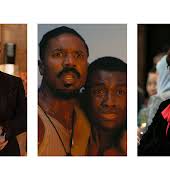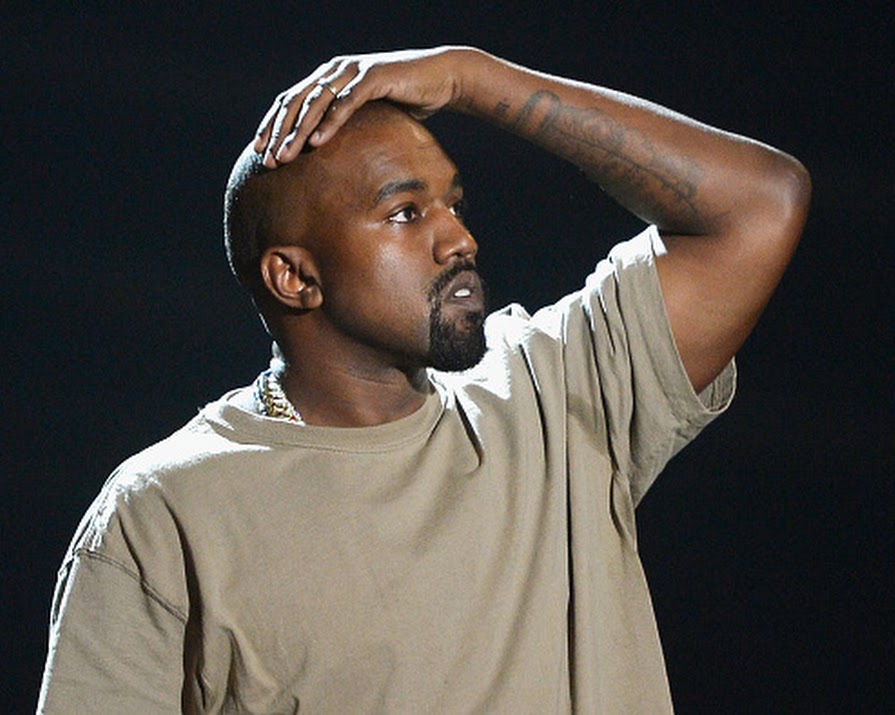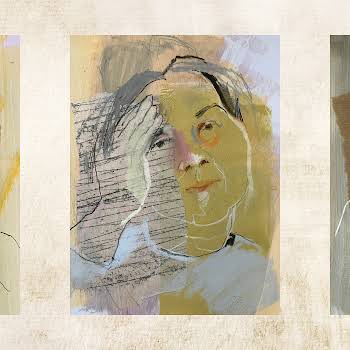It’s hard not to feel a little uncomfortable when you look at the media frenzy surrounding Kanye 'Ye' West through the lens of his bipolar disorder
Everyone is talking about Kanye ‘Ye’ West this week. From allowing a photographer to document his second date with Julia Fox, allegedly punching a fan to blasting Pete Davidson in his latest song and ranting on social media about being kept from his daughter’s birthday party only to be spotted at the event, it’s been, well, manic.
And the world (myself included) has been hooked on the drama. Memes have been made. Davidson’s shown up on SNL and joke about how “fun” his personal life is, and Julia Fox has been an open book about the over-the-top nature of subsequent Ye dates. And all this without discussing his latest Instagram rants against his soon-to-be ex-wife Kim Kardashian, his former friend Kid Cudi, Billie Eilish and Pete Davidson (again). Much of it could be considered drama of Kanye’s own making too – he’s been the one recording social media rants, Instagramming and deleting a mile a minute and lashing out at fans.
And after all, this isn’t the first time Kanye West has made headlines for his behaviour either, he’s always had a talent for controversy. It has become part of his personal and professional brand, alongside his multi-disciplinary creativity. Last year, he pushed the release date for his latest album, DONDA, multiple times, spending months rewriting and editing songs, releasing them and then rescinding them to rework them again. It’s the work of a creative genius maybe (critical response to DONDA was tepid), but certainly not the way the music world functions, especially in the upper echelons where drop dates and single releases are pencilled in months, if not years in advance.
Advertisement
From his unending self-confidence (he frequently refers to himself as a “god”) to interrupting Taylor Swift at the MTV Awards to criticising the Kardashian empire while he was still part of it to claiming slavery was a “choice” to that Presidential run, Ye has never been afraid to put himself in the firing line. And while much of that is likely just part of his personality, it’s difficult not to see at least part of his history of controversy through the lens of his bipolar disorder.
Ye has spoken openly about his bipolar disorder, sometimes known as manic depression. Bipolar disorder is defined as extreme and long-lasting mood swing episodes, from extreme highs known as mania, to extreme lows of depression. The HSE describes the mania phase as including “feeling self-important, feeling full of great new ideas and having important plans, saying things out-of-character and being easily agitated”. These episodes can last days or weeks and are often be triggered by a significant event in someone’s life, for example the break-up of a relationship.
It’s impossible for anyone but Ye and his healthcare professional to talk about his disorder and he is certainly not his illness. However, it’s hard not to feel uncomfortable and even a little guilty about our collective absorption in his chaos when you look at it from a mental health perspective.
To anyone who is familiar with the disorder, his latest antics – airing his family interactions in public, lashing out at fans, even Julia’s description of him as a “‘Let’s do it now! Don’t wait’ type of person” – read a lot like a manic phase.
Because, the thing is, Kanye West is not a god. He’s a flawed human being struggling with equally human issues. Except he lives on a global stage, with access to millions of people at his fingertips and millions of eyes watching his every move. That amount of fame must take a mental toll but coupled with bipolar disorder it could expose you on an entirely different level.
Certainly, Kanye has done much for normalising bipolar disorder by incorporating it into his genius, using it to fuel his creativity and individuality rather than something to be shameful of. His openness about his experience with it has undoubtedly moved the conversation and awareness years forward. But from a public perspective, awareness must also come with recognition and empathy.
Advertisement
If we want to move the dial on mental health stigmas, we all need to shift our attitudes.























